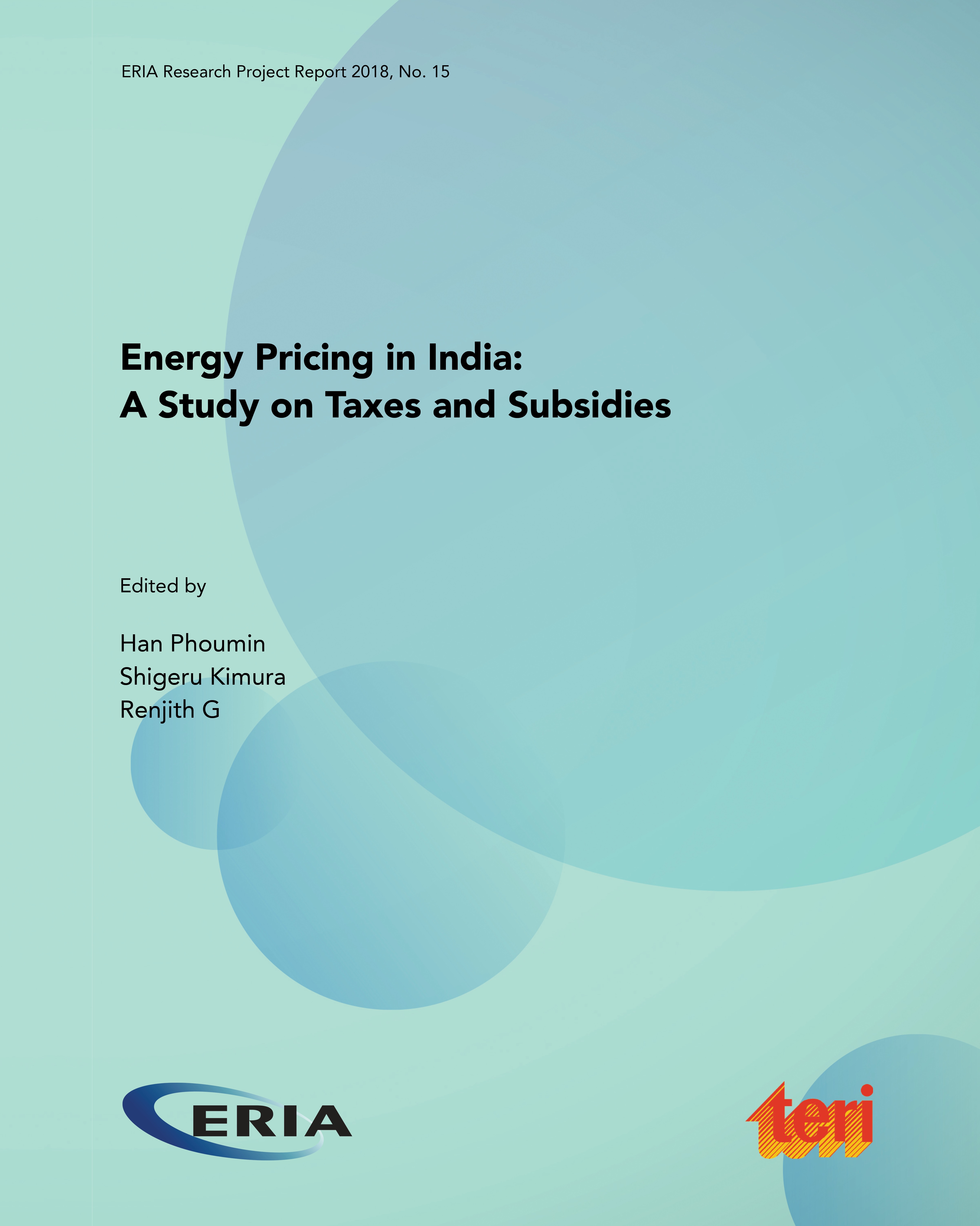Energy Pricing in India: A Study on Taxes and Subsidies

Print Article:
The Government of India has historically determined the prices of energy products and services in view of socio-economic considerations, such as providing universal energy access at affordable prices, meeting energy demand efficiently, ensuring greater sustainability, and supporting economic growth. Energy subsidies often act as policy tools to meet these objectives but do not always deliver. They therefore require scrutiny as otherwise they could have distortionary impacts on the energy industry and possibly on the economy. Distorted markets provide incorrect market signals, affect the level of competition, and lead to inefficient allocation of resources. This study brings out the efforts of the Government of India to progressively move away from energy subsidies and to rationalise energy pricing with a view to reducing the subsidies and their negative implications.
Full Report
Contents
List of Project Figures, Tables and Boxes
Abbreviations, Acronyms and Team Members
Chapter 2. History of Pricing and Energy Reforms in India
Chapter 3. Overview of Segments
Chapter 4. Taxes and Subsidies
Chapter 5. Taxes and Subsidies in the Oil and Natural Gas Sector
Chapter 6. Taxes and Subsidies in the Coal Sector




